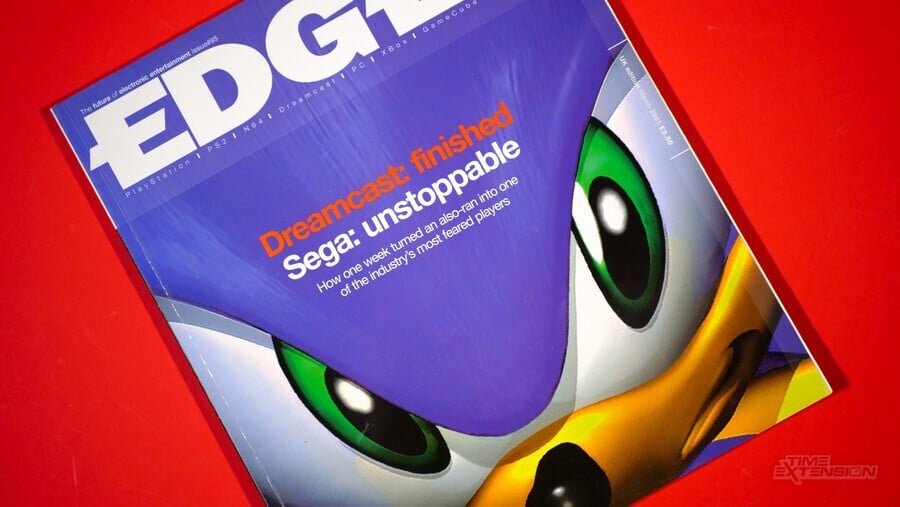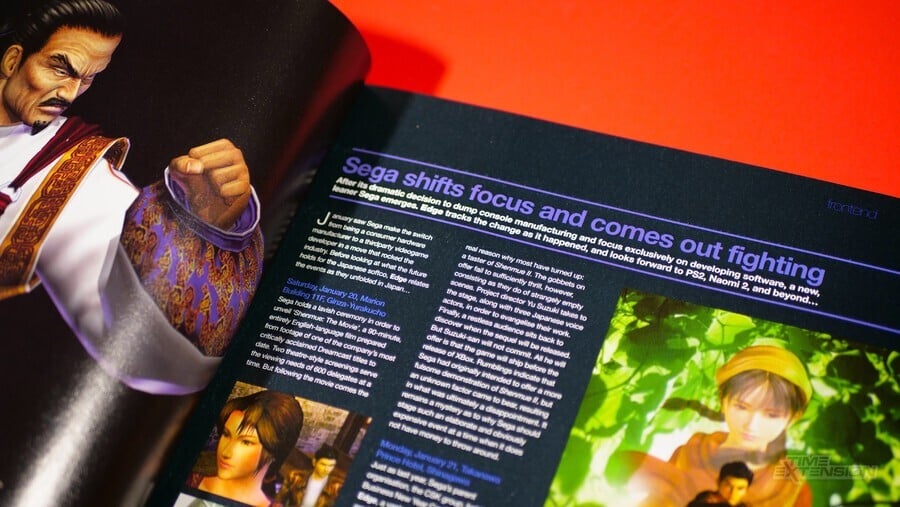
This week, the world of gaming has been shaken by reports that Microsoft is considering shifting its focus from console hardware to pure software, with rumours that many Xbox exclusives will be coming to rival systems.
As you can imagine, this has caused quite a commotion and discussion, especially with those platform supporters who have pledged allegiance to a brand and refuse to budge on the matter. Xbox boss Phil Spencer will be clarifying the company's position shortly, but if the announcement is that Xbox is shedding hardware and becoming platform agnostic, what does that mean for us as consumers?
Well, to get an idea, we should perhaps look to the past. Back in 2001, Sega – which had, during the '90s, done battle with Nintendo for dominance of the home video game market – was forced to abandon hardware after the commercial failure of its Saturn and Dreamcast consoles. In 1994, the company generated a revenue of $3,464,000,000. Six years later in March 2001, it posted a consolidated net loss of $417.5 million – the fourth time in a row it had posted a loss. There was simply no other option available to the firm, and it transformed itself into a third-party publisher, committing resources to PS2, Xbox, GameCube and GBA.
The result? Well, Sega wasn't transformed into a profitable company overnight and was even subject to a 2004 merger with Sammy to create a stable platform for the future. In 2020, Sega posted revenue of 247.7 billion yen (around $1,666,761,000) – not quite as much as its glory days as a hardware maker, but a healthy amount nonetheless, and one which wouldn't have been possible if it had blindly continued to create loss-making consoles, as many of its fans did back in 2001. In fact, that path would most likely have led to a world without Sega – or, at least, the brand name being sold off, as would happen with former industry heavyweight Atari.

Microsoft and Xbox aren't in quite the same position; while the latest Xbox console is losing the war in terms of units sold against the PS5, it certainly isn't in any danger of going out of business, like Sega was back in 2001. However, Microsoft's strategy could yield the same result: by bringing its games to the broadest possible audience, it will become financially more successful.
There will be some diehard Xbox fans who will scoff at such an idea, but ask yourself this: the Sega of today is able to bring its games to more people than ever before because it chose to go multiplatform. Granted, the transition has meant we have a somewhat safer, more sanitised Sega than we did during the glory days of the '80s and '90s, but we live in a world where a stone-cold classic such as Like A Dragon: Infinite Wealth is available not just on Sony and Microsoft's consoles, but on PC as well. The fact that these games are hitting such a massive number of people is something to be celebrated – at least in Sega's case.
Microsoft may well have its eye on a similar approach as it prepares for the seemingly inevitable shift from dedicated hardware to a world where we stream everything through our television sets; with the need to purchase a box removed from the equation, what benefit is there in being a company that ties itself to expensive consoles right until the bitter end?
It is, of course, much easier to make this shift when you've been on the losing side in the past two console wars, and it's fair to say that Microsoft could well come out of this situation in a much stronger position despite what the betrayed fans might have you believe.
Even so, much of this is unknowable; while Sega's case can serve as an example of the move from hardware to pure software, we've never seen a ship as huge and unwieldy as S.S. Xbox attempt such a manoeuvre. Should that indeed be the course Microsoft is willing to take, it should make the next few years particularly interesting for everyone – including Sony and Nintendo players, who may well be getting to grips with Halo, Forza and many other first-party Xbox games in the future.
